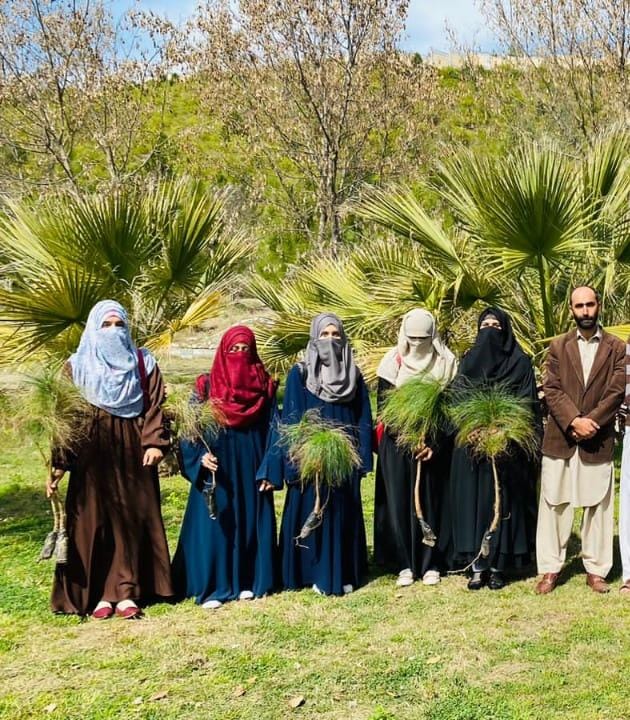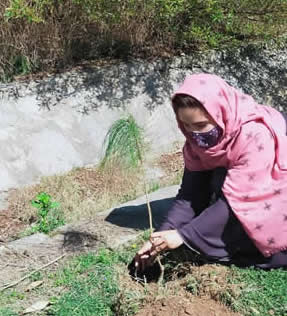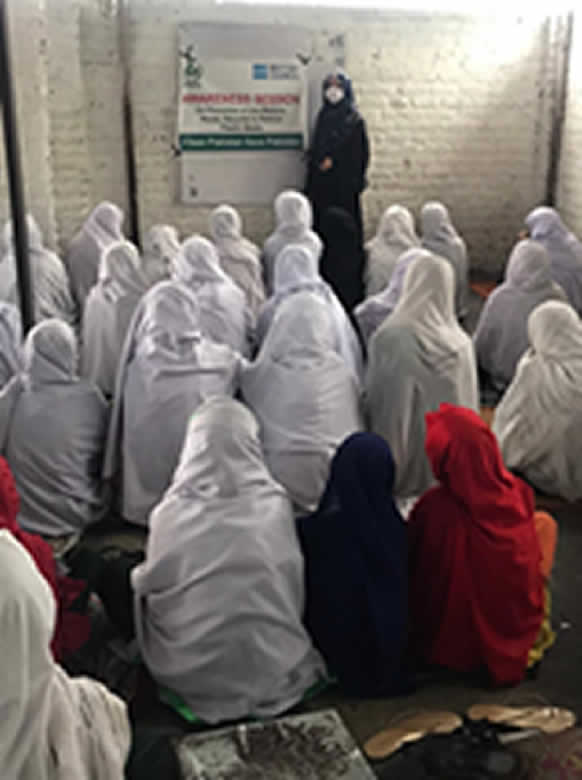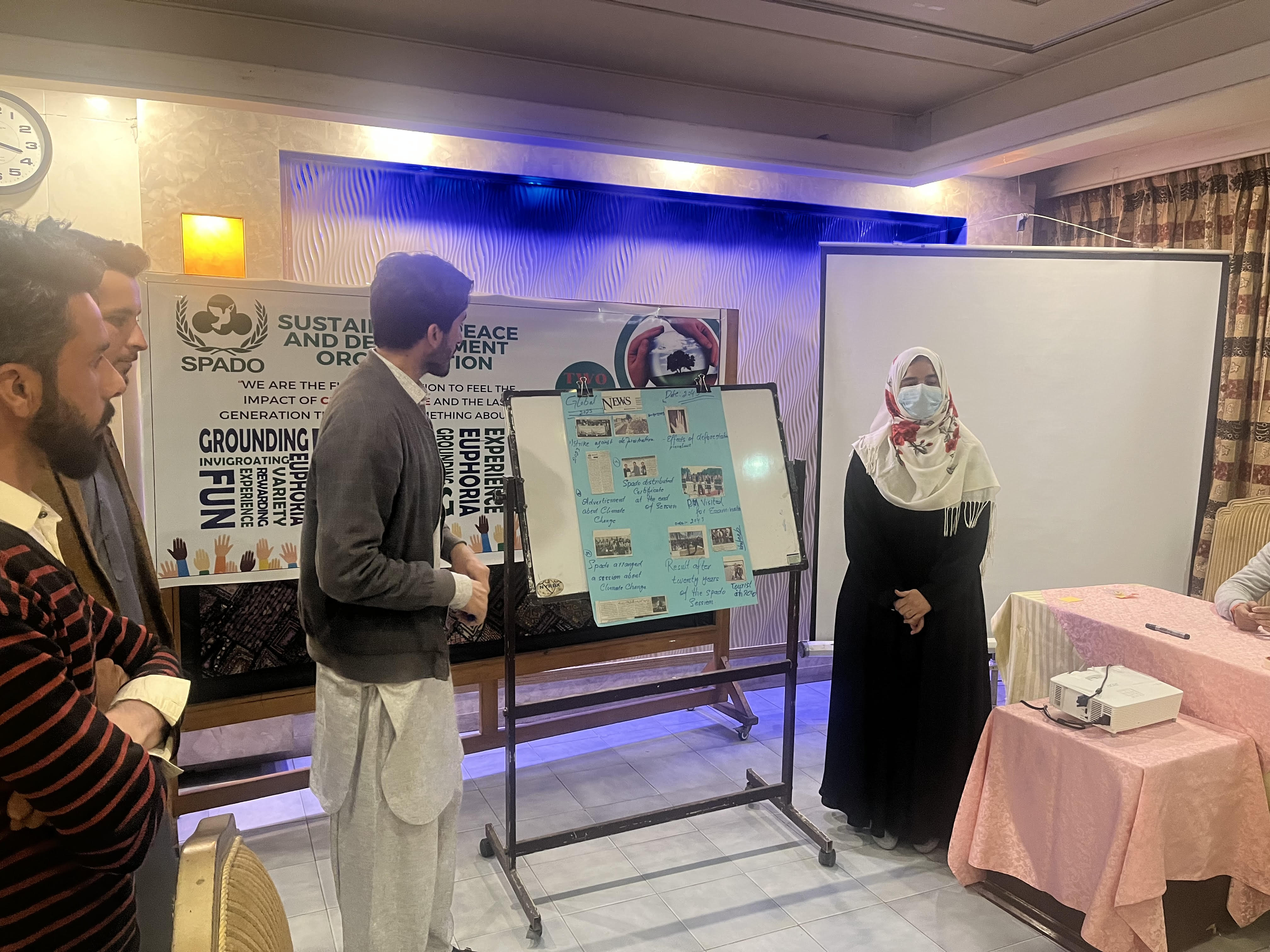Climate Change
The climate crisis is a worldwide challenge driven by human activities, particularly the burning of fossil fuels, deforestation, and industrial emissions. These activities release greenhouse gases (GHGs) such as CO₂ and methane into the atmosphere, leading to global warming. Rising temperatures result in severe consequences, including melting glaciers, rising sea levels, unpredictable weather patterns, extreme heatwaves, prolonged droughts, and intense storms.
Pakistan is one of the most vulnerable countries to climate change, despite contributing less than 1% to global GHG emissions. Key issues include:
1. Extreme Weather Events: Pakistan frequently faces floods, heatwaves, and droughts. The devastating floods of 2022 submerged one-third of the country, displacing millions and causing economic losses exceeding $30 billion.
2. Melting Glaciers: As home to over 7,000 glaciers, Pakistan experiences rapid glacial melting in the Himalayan and Karakoram ranges, increasing the risk of glacial lake outburst floods (GLOFs).
3. Water Scarcity: Pakistan relies heavily on glacier-fed rivers, but climate change threatens water availability, exacerbating its water crisis.
4. Agriculture Impact: With an economy heavily dependent on agriculture, unpredictable rainfall and extreme temperatures significantly harm crop yields and food security.
5. Urban Vulnerability: Major cities like Karachi face rising temperatures, urban flooding, and sea-level rise due to their proximity to the coast.
To combat climate challenges, Pakistan must prioritize sustainable development, enhance disaster resilience, and seek global support for adaptation and mitigation efforts. SPADO is at the forefront to address the challenges of climate change in Pakistan by engaging youth, local communities, government and civil society.
Climate Change Projects







